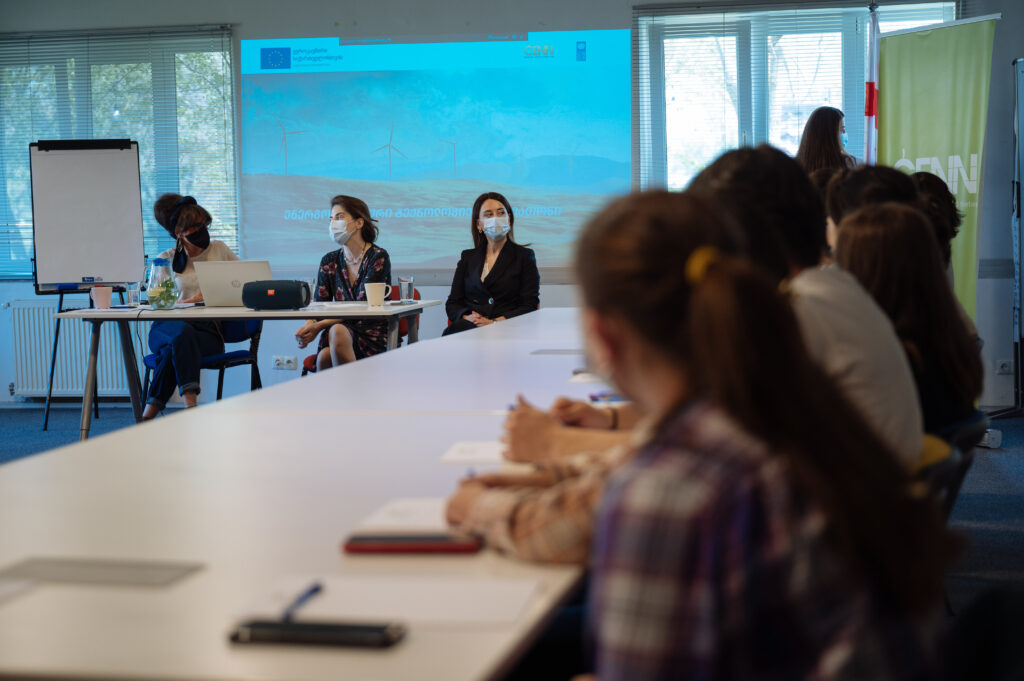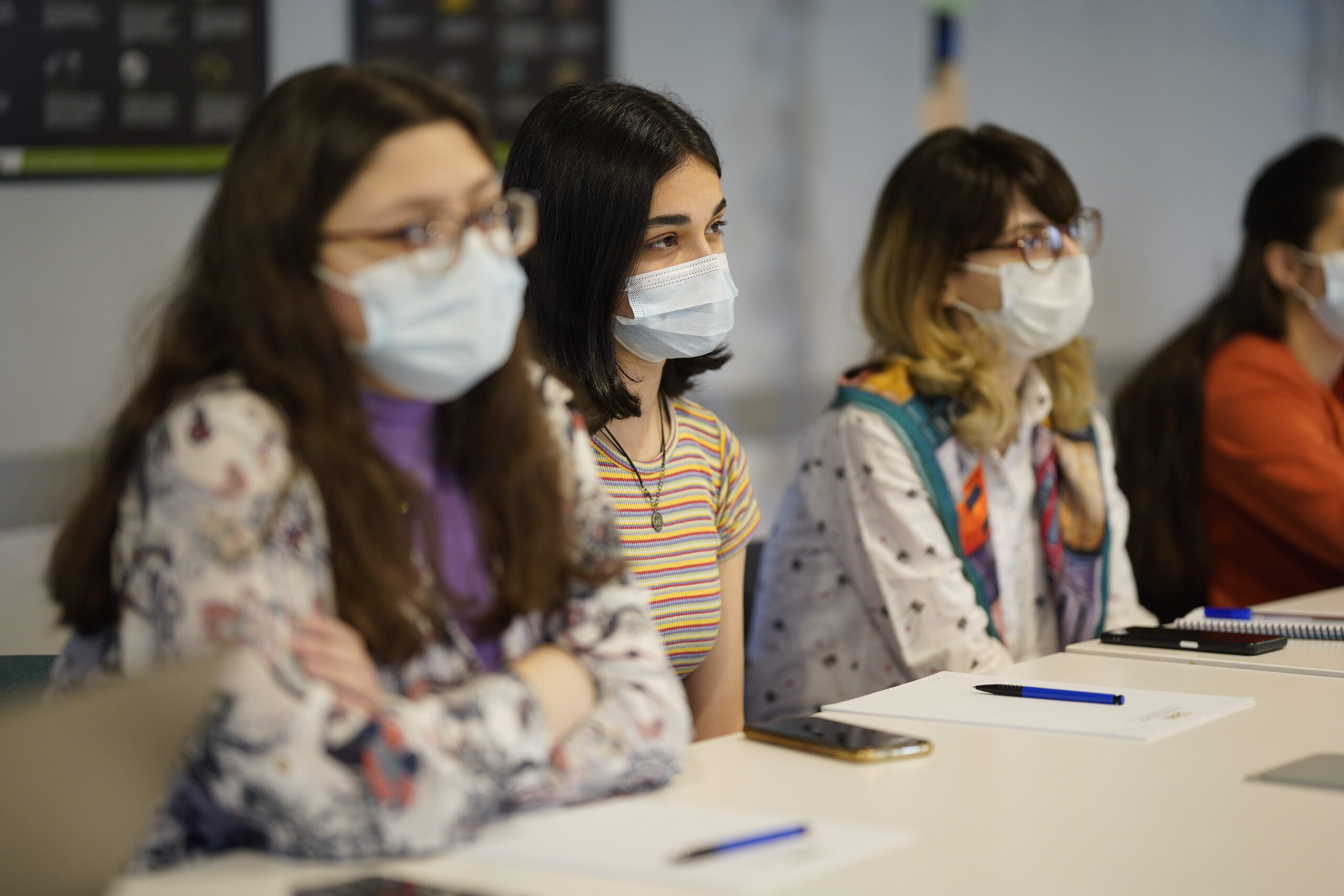Duration: 2022-2025
Geographic area: Kvemo Kartli and Samtskhe-Javakheti Regions, Georgia
Implemented by: CENN
Consortium Members: Center for Training and Consultancy (CTC),
Kvemo Kartli Media (KKM),
First European (FE)
Donor: European Union
The outbreak of COVID-19 revealed weak social and health systems and social disparities in the poor rural areas of Georgia. The multi-ethnic Kvemo Kartli and Samtskhe- Javakheti regions were one of the hardest-hit regions as a result of COVID-19, which further exacerbated the inequality of marginalized, disadvantaged, and excluded groups. In the meantime, COVID 19 has dramatically worsened the provision of social services in vulnerable municipalities. Experience has demonstrated how crucial it is to develop a strong local civil society capable of participating in policy development and delivery of rights-based social services through advocacy and engagement. A strong local civil society ensures equal access to care services, especially for people living in vulnerable and marginalized communities. Despite the active support of international donors in the civil society development of Georgia, engagement of CSOs in governance and policy design remains low. Participatory incentives and enhanced efforts in building foundations for broad-based democratic ownership from CSOs and LAs are important catalysts in addressing issues such as access to social services and empowerment of ethnic minorities. The project will work with eight municipalities of Kvemo Kartli (Marneuli, Tetritskaro, Dmanisi, Gardabani, Bolnisi, Tsalka) and Samtskhe-Javakheti (Akhaltiskhe, Ninotsminda) regions and will engage CSOs and LAs to launch locallyowned participatory processes for increased collaboration and improved capacities of civil society actors. The project is based on the vision that a strong and competent civil society furthers self-reliance and resilience of society by supporting the state as the main provider of social services.
Civil Society Project has three reaching goals: 1. Local CSOs are able to advocate effectively for access to gender and child-sensitive social services (with a specific focus on water, sanitation and hygiene (WASH) and health as human rights) and to promote meaningful and inclusive participation for a green and resilient post-COVID recovery in the Kvemo Kartli and Samtskhe-Javakheti regions; 2. Community-led mechanisms are established that reinforce transparency and accountability of duty-bearers and promote the participatory development and delivery of gender- and child-sensitive quality social services to respond to the post-COVID needs of VGs; 3. Increased capacities of local stakeholders to practice cooperative and innovative approaches to engage, develop and deliver gender-sensitive social services by providing financial support to third parties for the implementation of innovative projects (with a focus on new technologies, digital solutions, WASH and circular economy) and piloting joint social initiatives responding to the post-COVID needs to demonstrate effective CSOs-LAs partnership practices.

Human rights
protection and civil
society development
- Implementing a CSO capacity development program, involving various activities: training, coaching, twinning of targeted 10 CSOs from the Kvemo Kartli and Samtske-Javakheti regions;
- Establishing a Young Professionals Program (YPP) to prepare local motivated youth for CSO leadership, twinning local CSOs with national organisations for experience and best practice sharing;
- Organising international study tours and peer-to-peer learning exchange visits for target local CSOs and community institutions;
- Stimulating youth and women groups’ civic participation in social service development and delivery through implementation of civic education camps and youth- and women-led awareness raising campaigns and enhancing the use of digital technologies, digital literacy and innovation;
- Implementation of communication and awareness raising campaigns.

Participatory
and inclusive
governance
- Mobilizing community institutions into a CSO-led Regional Social Service Alliance for advocating the need for improved social and health services and lobbying pro-poor and gender-sensitive social programming for a sustainable and green post-COVID recovery;
- Establishing CSOs/LAs multi-stakeholder partnerships;
- Building the capacity of Las to apply 5 working principles of the RBA to design and fulfil citizens’ rights to access high quality social services with enhanced e-governance practices and increased use of digital technologies.
